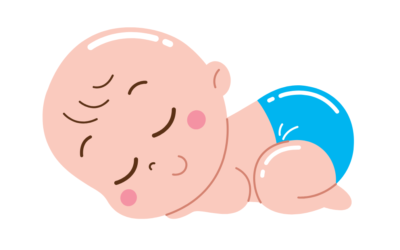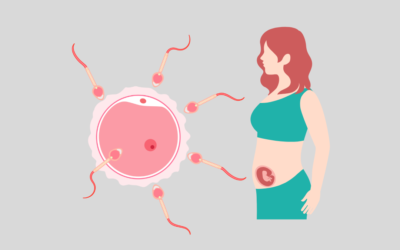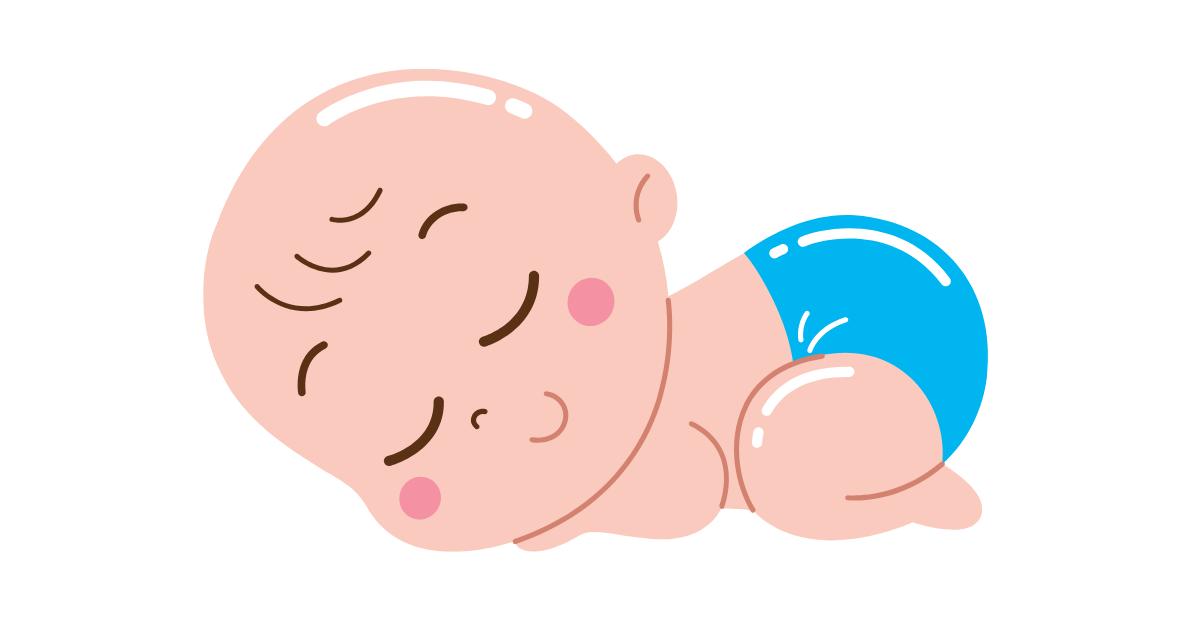Welcoming your newborn into the world is a magical moment. As a new mom, you’re stepping into a world full of wonder, discovery, and endless cuddles. But let’s be real — it’s also a time full of questions, adjustments, and perhaps self-doubt. The good news? You’re not alone. Every mom, no matter how experienced, has felt the whirlwind of emotions that come with those first few weeks. That’s why understanding the essentials of newborn care can make a huge difference in feeling more confident and connected to your baby.
This blog post is your friendly guide to the basics of newborn care — from feeding and sleep to hygiene, comfort, and bonding. Whether you’re changing your first diaper or navigating your baby’s first bath, we’ve got you covered. With gentle advice, practical tips, and reassuring words, you’ll find that caring for your newborn can be a beautiful and empowering experience.
So, if you’re a first-time mom looking for clarity or simply a tired mom needing encouragement, you’ve come to the right place. Let’s dive into everything you need to know about newborn care.
Table of Contents
The Importance of Newborn Care
Newborn care is crucial for the health and well-being of both the baby and the parents. The first few weeks and months of a baby’s life are a time of rapid growth and development, and proper care during this period can set the foundation for a lifetime of good health and positive outcomes. Here are several key reasons why newborn care is so important:
1. Physical Health and Development:
Proper newborn care ensures that the baby’s physical needs are met, including feeding, hygiene, and sleep. Newborns require frequent feedings, proper hydration, and sufficient sleep to support their developing immune system, brain, and organ functions. By providing the right care, parents can help their baby grow and thrive.
2. Establishing Healthy Habits Early On:
Newborn care involves developing routines that can help the baby establish healthy sleep patterns, feeding schedules, and hygiene habits. These early routines provide the stability and consistency a baby needs, which can lead to fewer disruptions as they grow.
3. Bonding and Emotional Development:
The early stages of a newborn’s life are also critical for emotional and social development. Activities such as skin-to-skin contact, eye contact, and responding to the baby’s cues help create a secure attachment between the baby and caregivers. This bond is important for emotional well-being and lays the groundwork for healthy relationships in the future.
4. Preventing Health Issues:
By paying attention to signs of common health problems like jaundice, colic, and diaper rashes, parents can ensure that any issues are addressed early on. Regular pediatric check-ups and vaccinations are also vital for preventing and managing any potential health concerns.
5. Promoting Mental Health for Parents:
Newborn care isn’t just about the baby’s well-being; it also impacts the mental health of the parents. Understanding how to care for a newborn can reduce stress and anxiety for new parents, enabling them to feel more confident and capable in their parenting roles. Support from family, friends, and healthcare professionals is also essential during this time.
6. Long-Term Impact on Growth:
Proper newborn care can have long-term benefits for a child’s growth and development. A strong foundation in the early stages of life can influence cognitive function, emotional resilience, and physical health in the years to come. Ensuring proper care during infancy is critical for setting the stage for a healthy future.
In summary, newborn care is vital because it provides the baby with the right environment for growth, supports emotional and physical development, prevents potential health problems, and strengthens the bond between parent and child. By prioritizing newborn care, parents can give their baby the best start in life.
Newborn Care Tips for First-Time Moms
- Trust your instincts – Your natural motherly intuition is powerful, so listen to it.
- Establish a routine – Set a gentle, flexible schedule for feeding, sleeping, and diaper changes.
- Support your baby’s head and neck – Always cradle their head when lifting or holding them.
- Respond to crying calmly – It’s how your baby communicates—soothing them builds trust and security.
- Do skin-to-skin contact – This promotes bonding and helps regulate your baby’s body temperature and heartbeat.
- Keep the environment clean and peaceful – A calm, clutter-free space reduces stress for both of you.
- Rest and take care of yourself – A healthy, well-rested mom is better equipped to care for her baby.
- Don’t hesitate to ask for help – Family, friends, or professionals can provide much-needed support.
10 Must-Know Newborn Care Tips for New Moms
1. Feeding Your Newborn: What Every Mom Should Know
One of the first things you’ll focus on is feeding. Newborns typically feed every 2-3 hours, whether you’re breastfeeding or bottle-feeding. If you’re breastfeeding, it might take a little time to get the hang of it, and that’s completely normal. Don’t hesitate to ask for help from a lactation consultant or a nurse. A good latch is key to both your comfort and your baby’s nourishment.
Formula feeding is equally valid. Make sure to sterilize bottles, prepare formula correctly, and pay attention to your baby’s hunger cues. Watch for rooting, sucking on fists, or fussiness — these are signs your little one is ready to eat.
And remember, your baby’s tummy is tiny! Burping after each feed helps reduce gas and spit-ups. If you’re ever unsure about how much your baby is eating, don’t stress — regular weight checks at pediatric visits will help guide you.
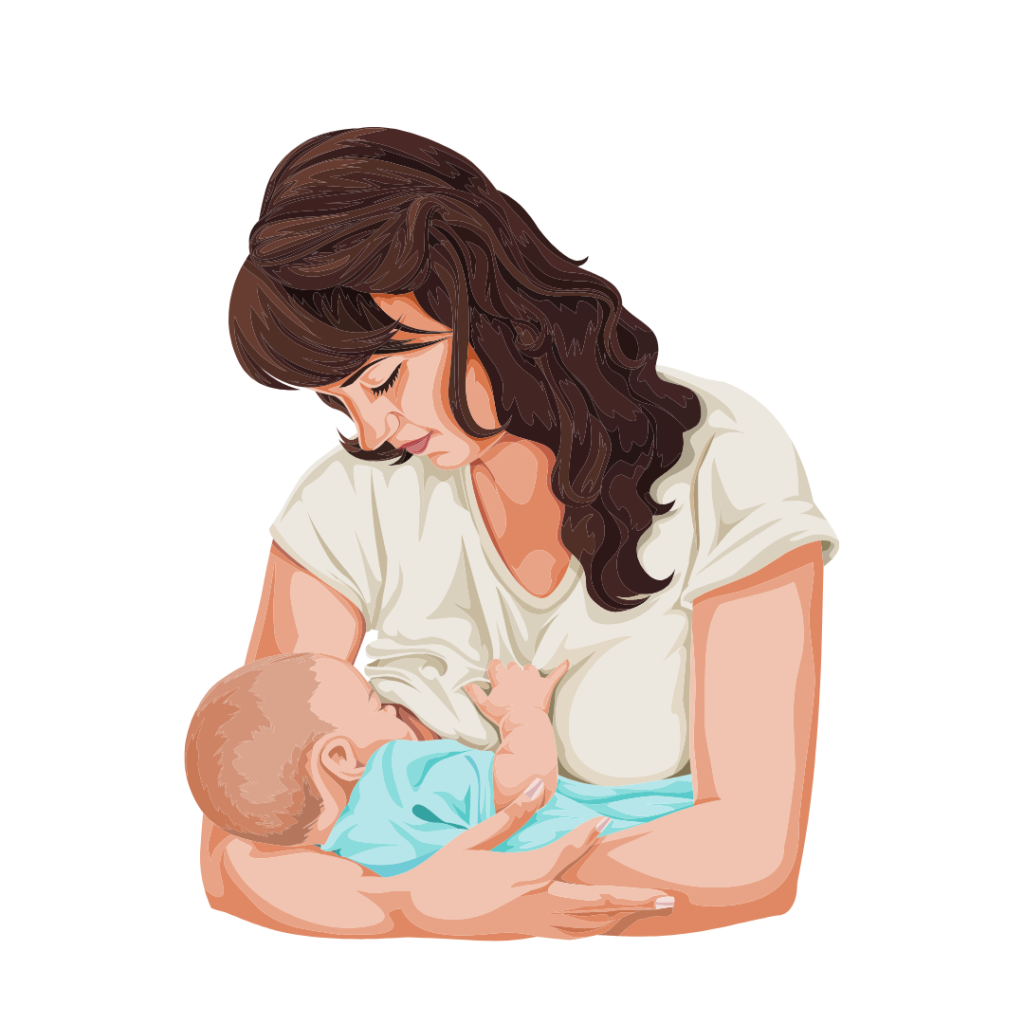
2. Understanding Your Newborn’s Sleep Patterns
Sleep and newborns can feel like a bit of a mystery. Your baby may sleep 14 to 17 hours a day in short bursts — sometimes just 2 to 4 hours at a time. This fragmented sleep can be challenging, especially when you’re sleep-deprived yourself.
Create a calming bedtime routine even from the early days. Dim the lights, sing a soft lullaby, or gently rock your baby to signal it’s time to rest. Always place your baby on their back to sleep to reduce the risk of SIDS (Sudden Infant Death Syndrome). A firm mattress and a crib free from toys, blankets, or bumpers is the safest sleep environment.
And don’t worry if your baby seems to have day and night mixed up at first — it’s normal. Over time, your little one will adjust, especially with gentle routines and daytime exposure to natural light.
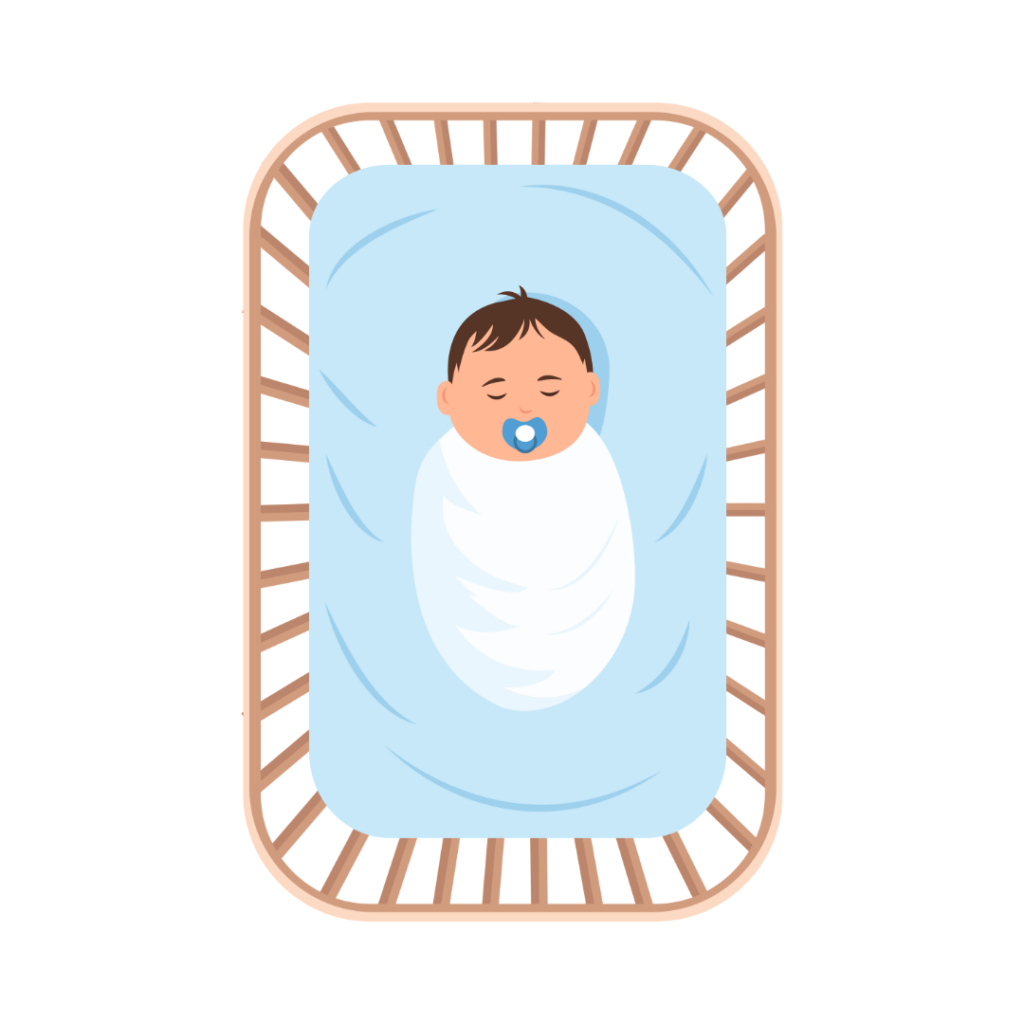
3. Bathing Basics for Your Baby
Bathing a newborn might feel a bit intimidating at first, but with the right approach, it can become a sweet bonding time. Until the umbilical cord stump falls off (usually within two weeks), stick to sponge baths. Use a soft cloth, warm (not hot) water, and mild baby soap.
Once the stump has healed, you can start gentle tub baths. Use a baby tub or sink insert for support. Keep one hand on your baby at all times and never leave them unattended. Wash from top to bottom — start with their head and face, and move downward. Pay extra attention to the neck folds, behind the ears, and between fingers and toes.
Make sure the room is warm, have everything you need within arm’s reach, and wrap your baby in a cozy towel right after. Most newborns only need a bath 2–3 times per week.
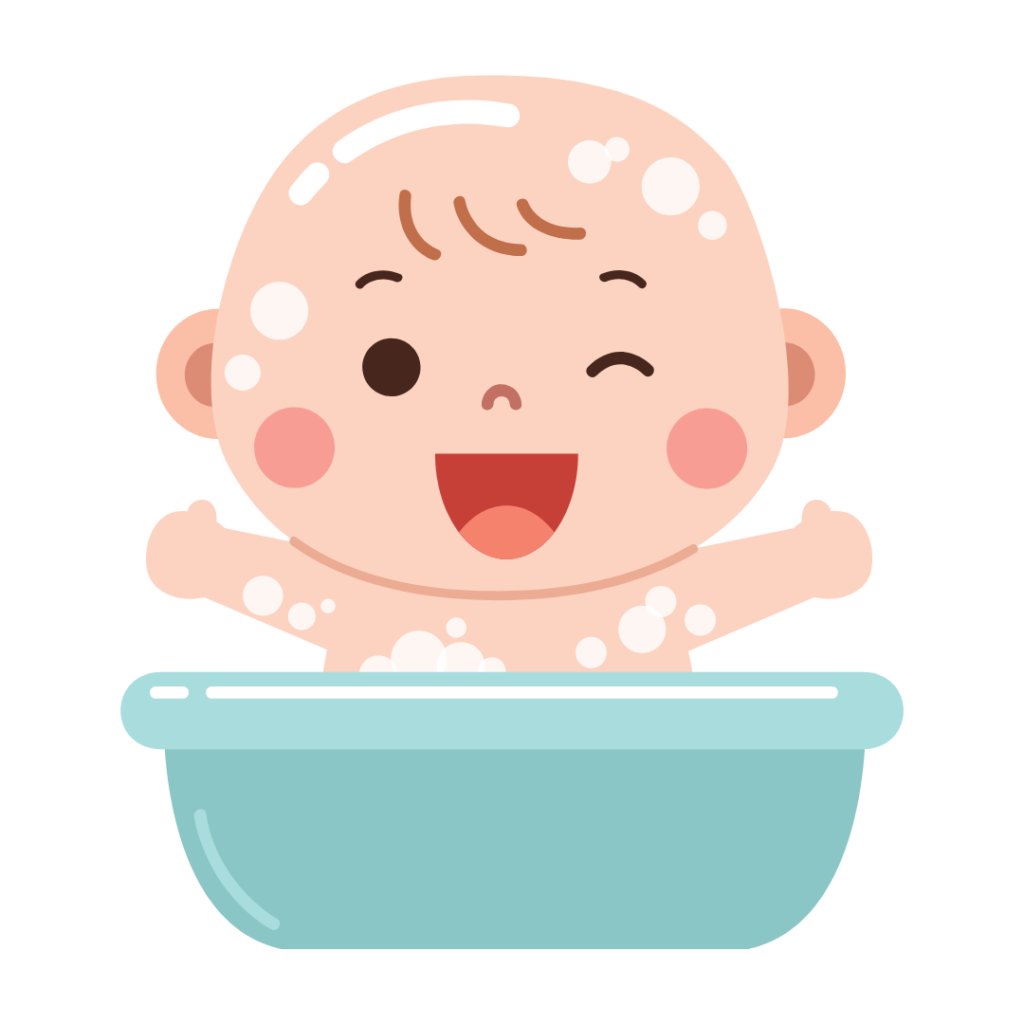
4. Diapering with Confidence
Diapering is a big part of newborn care, and you’ll become a pro in no time. Expect to change diapers about 8 to 12 times a day. Start by placing your baby on a clean surface, gently remove the soiled diaper, and wipe front to back (especially for baby girls) using baby wipes or a damp washcloth.
Apply a thin layer of diaper cream if your baby’s skin looks red or irritated, especially during the early days when they’re more prone to diaper rash. Choose diapers that fit snugly but not too tightly, and make sure the waistband sits below the belly button to avoid irritating the umbilical stump.
As your baby grows, you’ll learn their unique patterns. Some babies fuss before they need a change, while others stay quiet — a quick diaper check every couple of hours helps.
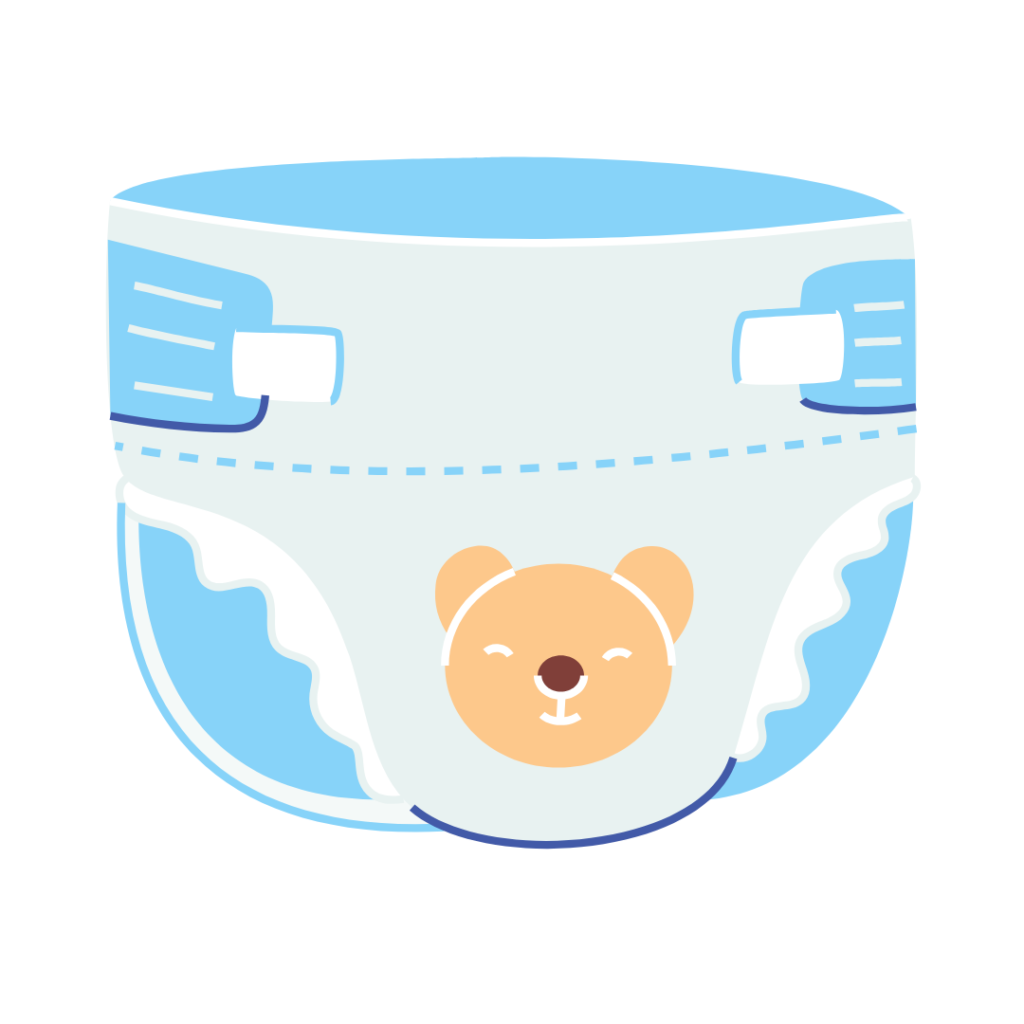
5. Umbilical Cord and Circumcision Care
The umbilical cord stump typically falls off within 1 to 3 weeks. Keep the area clean and dry — avoid covering it with the diaper by folding the top down. Don’t pull on the stump, even if it’s hanging by a thread. If you notice redness, a foul smell, or discharge, check in with your pediatrician.
If your baby boy was circumcised, your doctor will give specific care instructions. Usually, it involves gently cleaning the area and applying petroleum jelly to prevent the diaper from sticking. Healing should happen within a week to ten days.
These areas are sensitive but heal quickly with proper care. Just remember: when in doubt, your pediatrician is your best resource.
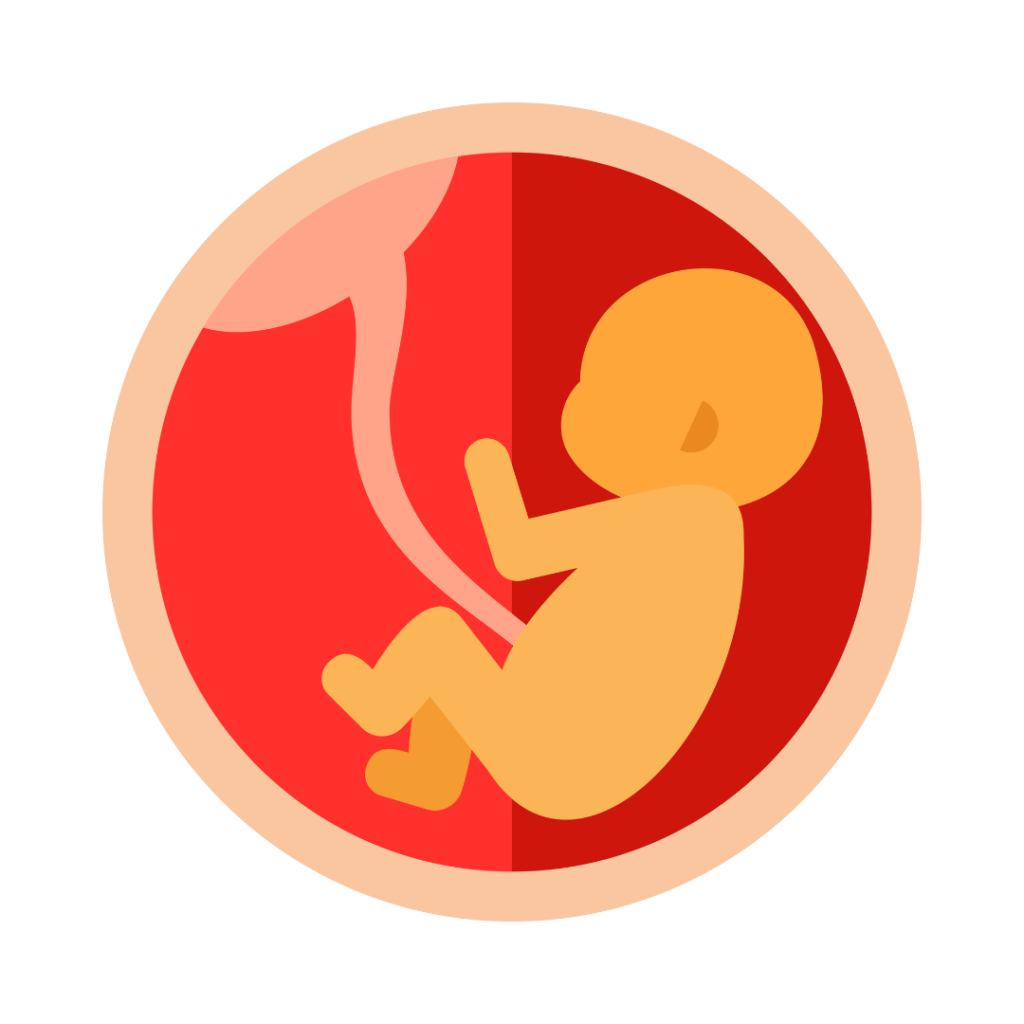
6. Recognizing Normal Newborn Behavior
Newborns are full of funny little quirks — from jerky movements to hiccups and sneezes. These are usually all part of normal development. Their nervous systems are still maturing, so don’t be alarmed by sudden startles or twitchy hands.
Crying is their main way of communicating. It doesn’t always mean something is wrong. Your baby might be hungry, need a change, want to be held, or just feel overstimulated. Learning to decode your baby’s cues takes time, but you’ll get there!
Skin conditions like baby acne, peeling, or cradle cap are common and usually harmless. Talk to your pediatrician if anything looks worrisome, but in most cases, these will fade on their own.
7. Dressing Your Newborn Comfortably
When dressing your newborn, think soft, breathable, and easy to change. Cotton onesies, footed pajamas, and side-snap shirts are great for the early weeks. Your baby doesn’t need too many layers — a good rule of thumb is to dress them in one more layer than you would wear.
Watch for overheating — sweaty necks, flushed skin, or rapid breathing are signs your baby might be too warm. In cooler weather, use hats, mittens, and warm blankets when going out, but skip heavy coats indoors or in the car seat.
Zippers and snaps make diaper changes easier. Keep baby’s wardrobe simple and functional — comfort over fashion in those first few weeks!
8. Bonding and Soothing Techniques
Bonding with your baby is one of the most rewarding parts of newborn care. Holding, cuddling, and talking to your baby helps create a deep emotional connection. Skin-to-skin contact (even after birth) helps regulate their temperature, heartbeat, and makes them feel secure.
Soothing techniques can include gentle rocking, swaddling, using white noise, or a pacifier. Some babies respond well to motion, while others love the sound of your voice. The key is consistency and calm. When your baby cries, respond with patience and presence.
Don’t worry if you don’t feel an instant bond — love deepens with time. You’re doing amazing just by being there and learning each day.

9. When to Call the Pediatrician
While most newborn issues are mild, some signs should never be ignored. Contact your pediatrician if your baby has:
- A fever over 100.4°F (38°C)
- Difficulty breathing or blue-tinged lips
- Refusal to eat or fewer than 6 wet diapers a day
- Excessive vomiting or diarrhea
- Unusual lethargy or nonstop crying
- Signs of infection around the umbilical stump or circumcision site
It’s always okay to call if something doesn’t feel right — trust your instincts. Your doctor is there to support you and your baby’s health.

10. Taking Care of Yourself Too
Let’s not forget the most important part of newborn care: you. New moms often put their own needs last, but your well-being directly impacts your ability to care for your baby. Get rest when you can, accept help, and don’t feel guilty about taking time for yourself.
Postpartum recovery is real, both physically and emotionally. Hormonal changes, lack of sleep, and lifestyle shifts can lead to baby blues or postpartum depression. If you’re feeling persistently sad, anxious, or disconnected, talk to your healthcare provider.
Surround yourself with a support system — whether it’s your partner, family, friends, or other moms. You don’t have to do this alone.
Conclusion: You’ve Got This, Mama!
Newborn care might feel overwhelming at first, but with time, patience, and love, you’ll find your rhythm. Every baby is unique, and so is every mom. There’s no one “perfect” way to care for your newborn — there’s only what works best for you and your little one. Trust your instincts, give yourself grace, and remember that you’re doing an incredible job.
From feeding and sleep to soothing and bonding, you’ve now got a strong foundation to care for your precious baby. Don’t worry about being perfect — just be present. Celebrate the little victories and cherish each moment, because those newborn days, while intense, are also filled with unforgettable magic.
So, take a deep breath, cuddle your baby close, and know that you’ve got this, mama. Welcome to the beautiful, wild, and rewarding world of motherhood — one day at a time.
FAQ
How often should I feed my newborn?
Newborns typically eat every 2–3 hours, which means about 8–12 feedings in 24 hours. Whether breastfeeding or formula feeding, follow your baby’s hunger cues and don’t worry if each feeding session varies in length.
How much sleep do newborns need?
Newborns sleep about 14–17 hours a day, but in short stretches of 2–4 hours. Their sleep patterns are irregular at first, but a consistent routine can help develop healthy sleep habits over time.
What’s the best way to bathe a newborn?
Until the umbilical cord stump falls off, give your baby sponge baths using warm water and a soft cloth. Once the area is healed, you can give tub baths 2–3 times per week using gentle baby soap.
How do I prevent diaper rash?
Change diapers frequently, clean the area gently, and let the skin air-dry when possible. Use a barrier cream with zinc oxide if needed, and ensure diapers fit properly to reduce friction.
Is it normal for my newborn to cry a lot?
Yes! Crying is your baby’s way of communicating. They might be hungry, tired, overstimulated, or need a diaper change. Learning their cues takes time, but soothing techniques like rocking, swaddling, and white noise can help.
When should I call a pediatrician?
Call your doctor if your baby has a fever over 100.4°F (38°C), is feeding poorly, has fewer than 6 wet diapers a day, shows signs of breathing difficulty, or if something feels off. Trust your instincts!
How can I bond with my newborn?
Skin-to-skin contact, talking softly, making eye contact, and holding your baby often help build a strong bond. Daily cuddles and routines also strengthen your emotional connection.
What should I dress my newborn in?
Dress your baby in soft, breathable clothing. A good rule is one more layer than you’re wearing. Avoid overheating, and keep them comfortable with easy-to-change outfits.”
